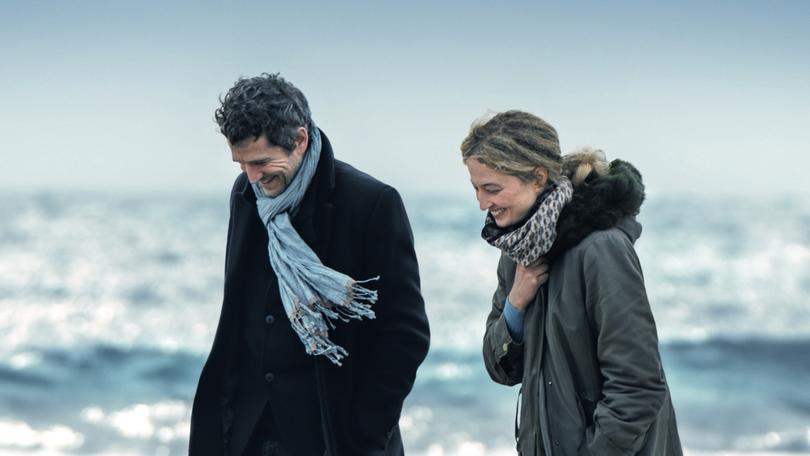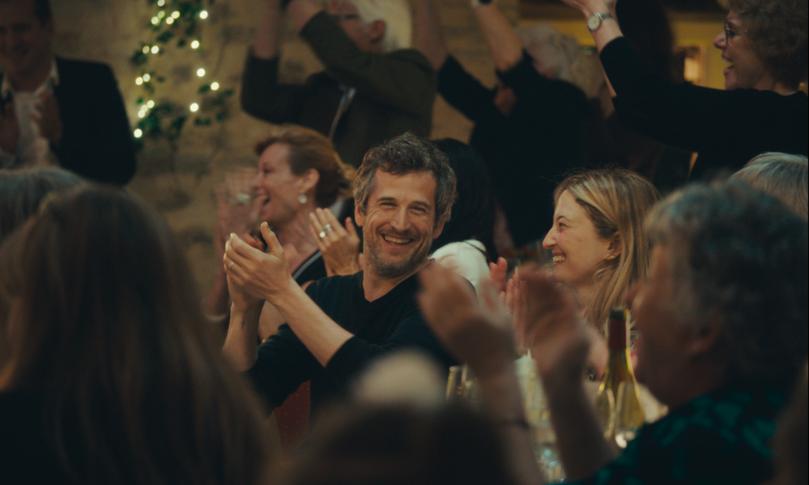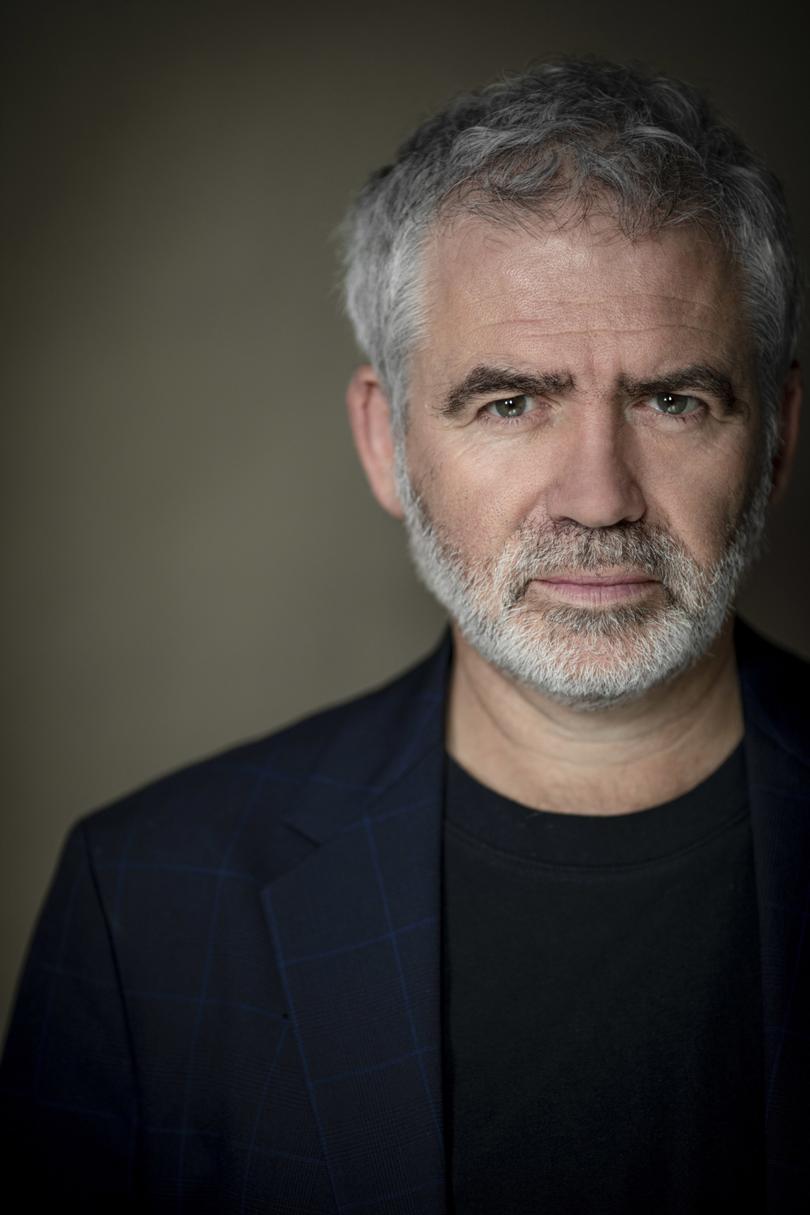Why Out of Season’s Stephane Brize pivoted from sharp political dramas to a delicate romance
French filmmaker Stephane Brize felt as if he had a metaphysical experience during COVID, which led to a stark departure from the political dramas he used to make.

French filmmaker Stephane Brize’s latest film Out of Season is out of step with his recent work.
For the past decade, Brize has lit up French cinema with his trilogy of firebrand political movies (The Measure of a Man, At War and Another World) examining the conflict between power and the working class. Two of them competed for the Palme d’Or at Cannes.
Out of Season (Hors Saison) is a wildly different film. The romantic drama is delicate and soft, an emotionally mature story about missed connections and regret, starring French actor Guillaume Canet and Italian thespian Alba Rohrwacher.
Sign up to The Nightly's newsletters.
Get the first look at the digital newspaper, curated daily stories and breaking headlines delivered to your inbox.
By continuing you agree to our Terms and Privacy Policy.They play Mathieu and Alice, two people who were in a relationship some years earlier but broke up when Mathieu decided he wanted a different life. Now a well-known actor who got cold feet and quit a stage production right before it was due to open, he has sought refuge in a coastal spa town in Brittany.
There, Alice lives with her husband and daughter, and an encounter between the two sparks questions of the lives they didn’t have the courage to pursue.

Out of Season is an at-times funny, often thoughtful and frequently melancholic film. For Brize, like many people in the world, it was the pandemic that forced him to stop and consider a different perspective. The forced isolation led him to turn inward and ask some existential and intimate questions.
“I was just out of making three political-social films and the trilogy was kind of brutal and kind of violent,” Brize told The Nightly, speaking through a translator. “After those films, I felt exhausted. I felt wary of all that brutality.”
“What happened to me, and I would call it a metaphysical experience, was we talked about death every day — casualties, hospitals, people dying. So, we went really deep down asking ourselves existential questions about our choices.
“‘Did I make the right choice? Did I knock on the right door? Am I at the right place with the right person? What have I done with my life until now? Is it good? Is it bad?’ All these things led me to think about and to make this film.”
Brize put himself in both Mathieu and Alice and admitted a tendency to project himself on his characters.

Alice’s regrets are not just about what kind of life she and Mathieu might have had but the passion she didn’t fight for, her love of music and composition.
Brize said he was familiar with Alice’s anguish. He likened to character to Meryl Streep’s in The Bridges of Madison County, a woman who lets fear stop her but later finds courage.
“It’s something I moved past in my life,” he explained.
I know that in her case, it’s the things she could’ve done but didn’t dare do. I understand her doubts.
He also knows about Mathieu’s chase for prestige and status, and to still be dissatisfied.
“I know both those things, and that’s the privilege of writing because you can project yourself onto the characters, whether men or women.”
Still, Brize is adamant that filmmaking is not therapy. “I go to the shrink for my therapy, I don’t make films for that,” he said.
Directors, writers and actors have used storytelling in cinema to work through complex feelings, or have even been stirred by the process, confronted by emotions and memories they didn’t even know were there.
For Brize, he is crafting a story from the endpoint of having already been through it. His perspective comes from the destination, not the midpoint of the journey.
“It is like rendering, giving a testimony, being a witness of facts, emotions, experiences that can be emotional or political, they can be good or bad, angry, soft, smooth, romantic. Any experience we have, we are a witness to that,” he said.
“They can be personal experiences or just your reaction to something that’s happened in the world, how they resonate with you. But while I’m writing, I have to be beyond those things in order to give testimony to it.
“You have to have been through them, to have advanced, to have absorbed those experiences with your body and your mind to be able to give testimony. In a way, filmmaking is a synthesis of those experiences that you went through.”
Out of Season is in cinemas

